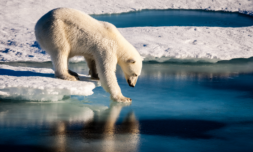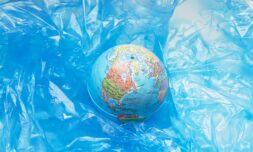Humanity’s excessive salt production is reportedly throwing Earth’s natural balance off-kilter. Is this yet another ‘existential threat’ caused by modern consumerism?
If something is ‘salt of the Earth’ it is good and honest – ironically the opposite of humanity when talking our ecological impact on the planet.
Anthropogenic climate change is undoubtedly our magnum opus, but there’s a rarely discussed issue which is rapidly growing into yet another existential threat, according to new research.
If the opening gambit didn’t give it away, yes, we’re talking about our excessive use of salt – specifically, the 300 metric tons produced each year for our household products, cosmetics, fertilizers, and industrial materials, among other things.
While salt naturally emerges from deep oceanic rocks and gradually reaches the Earth’s surface, human activities are completely upending this balance. Our growing demand is leading to an excessive release of the mineral into our atmosphere, soil, and oceans.
Salt is vital for human biology, especially in maintaining our nerve signaling and keeping our heartbeat in check, as well as helping soil to maintain its normal structure.
Nonetheless, a large surplus has been found to have detrimental effects such as soil infertility, declines in plant-life, the disruption of marine food chains, and an open invitation to invasive plant species like phragmites, which can completely overtake coastal regions.




















